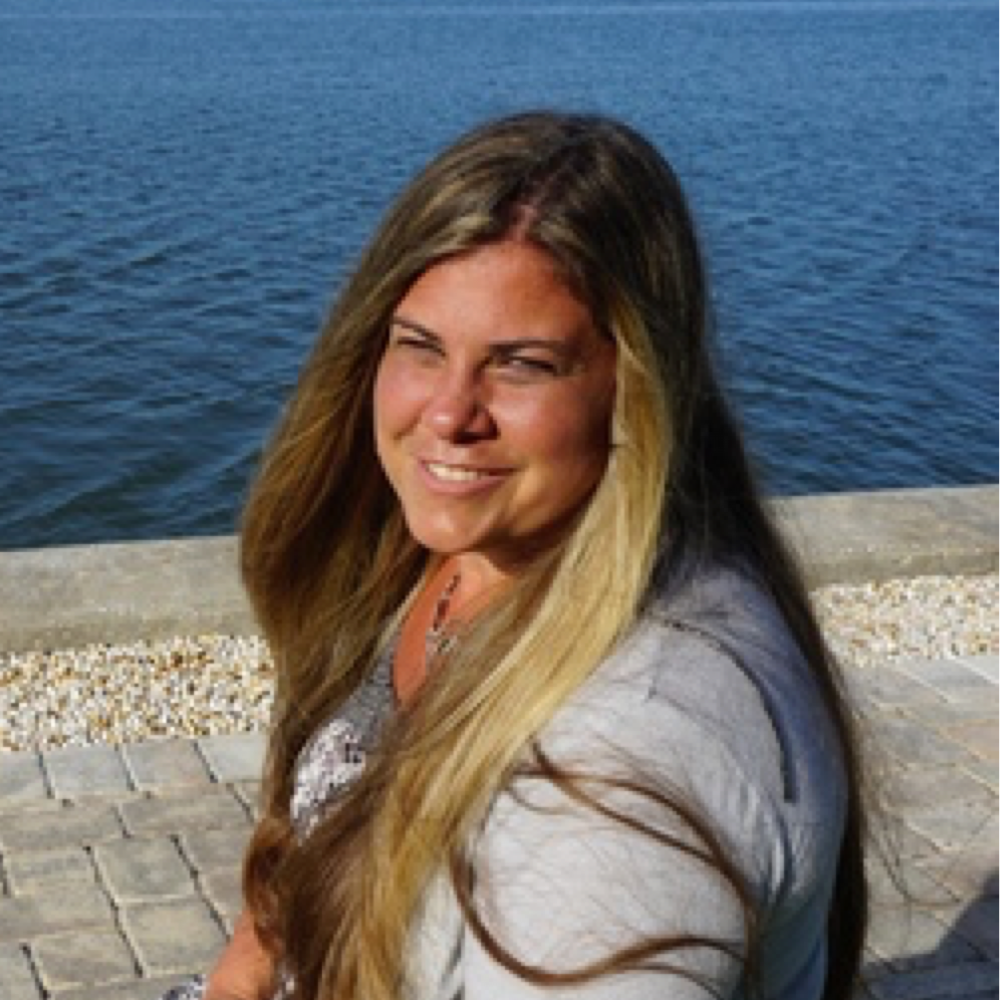The Transformational Work of Love and the Nervous System
Jun 12
/
Tracy Busse

On the last day of my thirty-day Ignatian retreat, the wind roared all around as I wandered the foothills of the Rocky Mountains. It was an Acts Two moment when I realized the old was gone, and something new was being revealed. God was sending me back to the world, transformed and free to be the woman God created me to be. This commissioning has stayed with me, and every time the wind howls, I am reminded of who God says I am and how God has called me to serve, live, and love, just as Jesus did. Joy pervades, but “it is not a joy that pacifies but a joy that challenges and transforms, plunging the praying person into a community on mission.” ¹
What does a community on a mission look like? We are merely pilgrims walking the way of Jesus, and the way of Jesus is love. “Love is not a duty we grimly perform. It has to do with delight in God and other people even at its hardest… Delight in love is the gift of God, God loving in us.” ² The experience of God loving us is not always easy to access.
In Polyvagal Theory, we learn that our nervous system works hard to keep us safe. There are automatic processes evaluating every moment of our lives, which lets our nervous system decide if the world is safe in that moment or if we need our protectors activated. Those protectors influence how we see God and how we think God sees us. When I am angry or scared, I might see God judging me for my lack of faith. In moments of despair, I might wonder why God is so distant. But when I am safe, God is love.
Safe connection is the primary way our nervous system regulates itself. When we are safe, we are free. Unburdened from the fears and frustrations that consume our thoughts. Liberated from the shells we crawl into when life overwhelms us and circumstances crush our spirits. Freedom comes when we look inward and allow love to invade every part of us.
When you are scared, how might the voice of love speak to this part of you? And when circumstances overwhelm you, what is love’s response? I cannot answer this for you because God engages each of us in a unique manner, but when we allow the face of love to enter the hard places, the nervous system responds. When love extends its hand to our fears, frustrations, sadness, or despair, our circumstances do not change, but we learn that we are not alone. We experience connection to the heart of the one that treasures you no matter what has the power to transform you.
“When Ignatius spoke about God and the things of God, he not only did so with sincerity and conviction, but it was evident to the people that he himself had experienced God, and the flames that engulfed his heart also ignited theirs.” ³ When the wind howls, the flames spread. The hard work of internal transformation is the catalyst for external change. My calling is about loving others in the same way I am learning to let God love every part of me. Compassionate eyes touch my soul, even in the darkest moments, and remind me I am not alone. They remind me I belong with the one that loved me into being. Simple acts of loving connection regulate our nervous system and grace us with the privilege to do this for others.
Tracy invites you to her upcoming workshops and courses:
The Embodiment of the Divine: How the nervous system impacts our view of God - Thursday, August 10. In this workshop, participants will learn a core concept of polyvagal theory and Ignatian principles for encountering God. Through trauma-informed practice and meditation, participants will explore how their nervous system shapes their view of God.
Trauma Informed Spirituality: Integrating Polyvagal Theory & Ignatian Spirituality for Soul Companions - Mondays from August 14-September 25. Join Tracy in this six-week course for soul companions to learn about the core elements of Polyvagal Theory and Ignatian Prayer. You will learn strategies for integrating the two approaches while operating from a trauma-informed lens.
Trauma Informed Spirituality: Walking Alongside Trauma - Thursdays from August 17-September 28. Join Tracy in this six-week course for soul companions to learn about the widespread impact of trauma, various types of traumas, and strategies for providing spiritual companionship to trauma survivors. You will also learn how to implement the six principles of trauma-informed care into your ministry setting so as to promote healing and to prevent harm.
Notes:
¹ Robert R. Marsh S. J., “Discovering Joy: Four Thought Experiments for the Fourth Week,” The Way 52, 33-41, 2013. Accessed November 26, 2022, https://www.theway.org.uk/back/522Marsh.pdf.
² Roberta C. Bondi, To Love as God Loves: Conversations with the Early Church (Philadelphia, PA: Fortress Press) 22.
³ Ignatius of Loyola. A Pilgrim’s Journey: The Autobiography of St. Ignatius of Loyola, Trans. Joseph Tylenda (San Francisco, CA: Ignatius Press), 169.

Tracy Busse
Tracy Busse’s life and work have fueled an ongoing desire to move in harmony with the Trinity and to create spaces where all can encounter intimacy with God. Tracy is a writer, teacher, counselor, and spiritual director. For over eighteen years, she has provided therapy to children and adult survivors of trauma and human trafficking. She also provides consultation and training to a variety of organizations who serve leaders and marginalized populations. Continued growth in Kingdom life and integrating God’s love and presence into her work are the heart of her practice. In addition, Tracy is currently working on a doctorate in Spiritual Direction at Fuller Theological Seminary, which offered the opportunity to enjoy a 30-day Ignatian Retreat. The fruit of this experience continues to grow and reveal greater depths of God’s love and abundant grace. With the belief that God is in all things, Tracy finds delight on her paddle board, hiking, playing the guitar, painting, traveling, and resting in the company of fellow image bearers.
Tracy Busse’s life and work have fueled an ongoing desire to move in harmony with the Trinity and to create spaces where all can encounter intimacy with God. Tracy is a writer, teacher, counselor, and spiritual director. For over eighteen years, she has provided therapy to children and adult survivors of trauma and human trafficking. She also provides consultation and training to a variety of organizations who serve leaders and marginalized populations. Continued growth in Kingdom life and integrating God’s love and presence into her work are the heart of her practice. In addition, Tracy is currently working on a doctorate in Spiritual Direction at Fuller Theological Seminary, which offered the opportunity to enjoy a 30-day Ignatian Retreat. The fruit of this experience continues to grow and reveal greater depths of God’s love and abundant grace. With the belief that God is in all things, Tracy finds delight on her paddle board, hiking, playing the guitar, painting, traveling, and resting in the company of fellow image bearers.
https://tracybusse.net/

